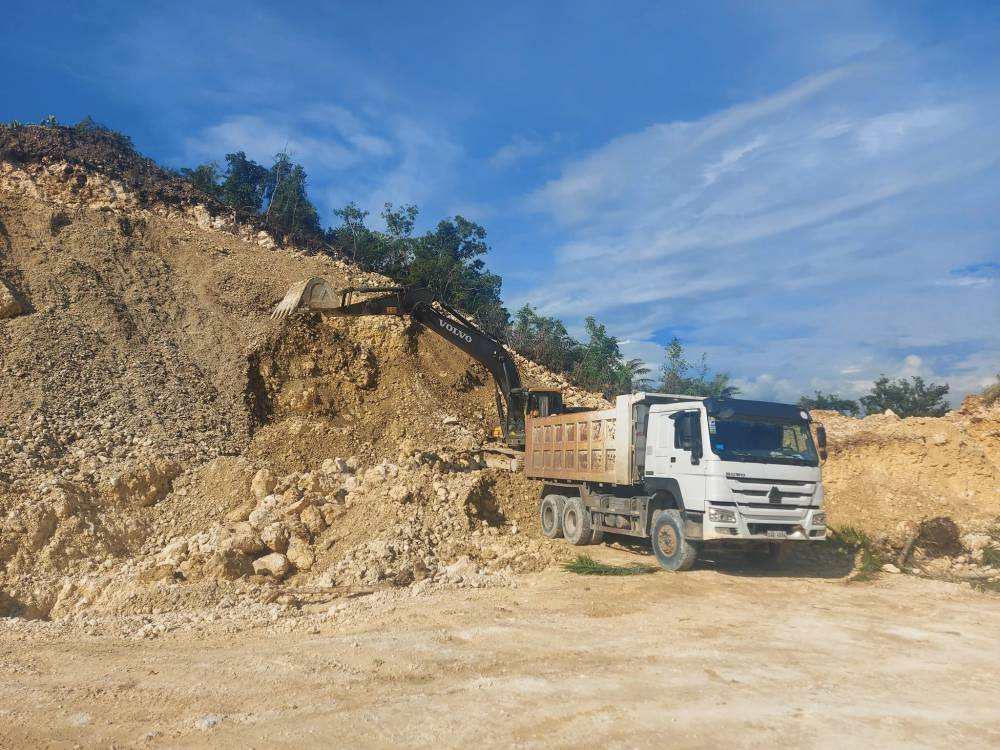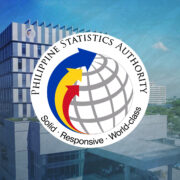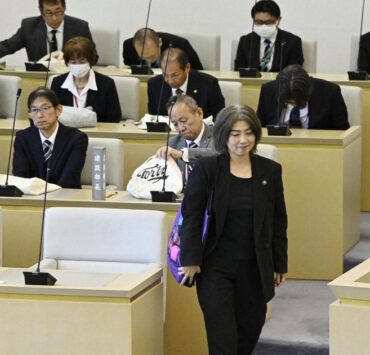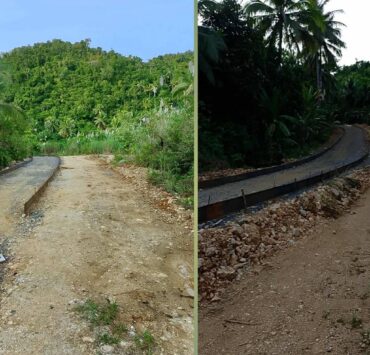Bohol quarry reforms boost revenue to P141M

TAGBILARAN CITY—Revenue from mining and quarrying operations in Bohol has reached P141 million this year, following a series of reforms aimed at tightening collection, improving regulation and ensuring transparency in the sector.
Gov. Erico Aristotle Aumentado said the figure marked a significant increase from P15 million in the previous administration and only P5 million in earlier years.
“We want income from quarry and sand operations to go directly to the government, where it belongs,” Aumentado said in a report released on Wednesday.
According to the Bohol Mineral Resources Regulatory Office (BMinRRO), P52.22 million has been released to barangays and P44.18 million to municipalities as their share from sand and gravel revenues.
“These revenues support basic services and community projects in the towns and barangays where these operations take place,” Aumentado added.
Eduardo Malig-on, head of the Bohol Environmental Protection Task Force (BEPTF), said quarry monitoring and enforcement have been carried out “fairly and without political bias.”
Regular inspections
Two BEPTF teams regularly conduct inspections and checkpoints to verify truck delivery receipts (DRs) and ensure that quarry operations comply with environmental and safety standards. Trucks found without valid DRs are impounded until fines are settled.
Aumentado said the stricter enforcement has helped curb illegal operations and increase government revenue.
He lauded the task force’s performance, stressing that no one is above the law—even friends or allies.
Ana Luisa Galicinao, who heads BMinRRO, said the recently approved Provincial Ordinance No. 2025-023 amended the 2020 Bohol Mining Ordinance to allow taxation on aggregates and mineral materials brought into the province.
She noted that for more than 30 years, the province had not collected fees from imported aggregates.
“The amendment enables us to collect the proper taxes and regulate importation activities that affect local trade and infrastructure,” Galicinao said.
The BMinRRO is set to hold an orientation for about 100 stakeholders, traders and contractors on Dec. 10 to discuss the new rules.
Officials said the reforms aim to strengthen fiscal management and environmental protection, while ensuring that local governments receive their rightful shares from quarry operations.
Aumentado said the results showed the impact of consistent monitoring and clear policies on local revenue generation.
“If systems are fair and transparent, the benefits reach everyone—from the province down to the barangay level,” he said.

















